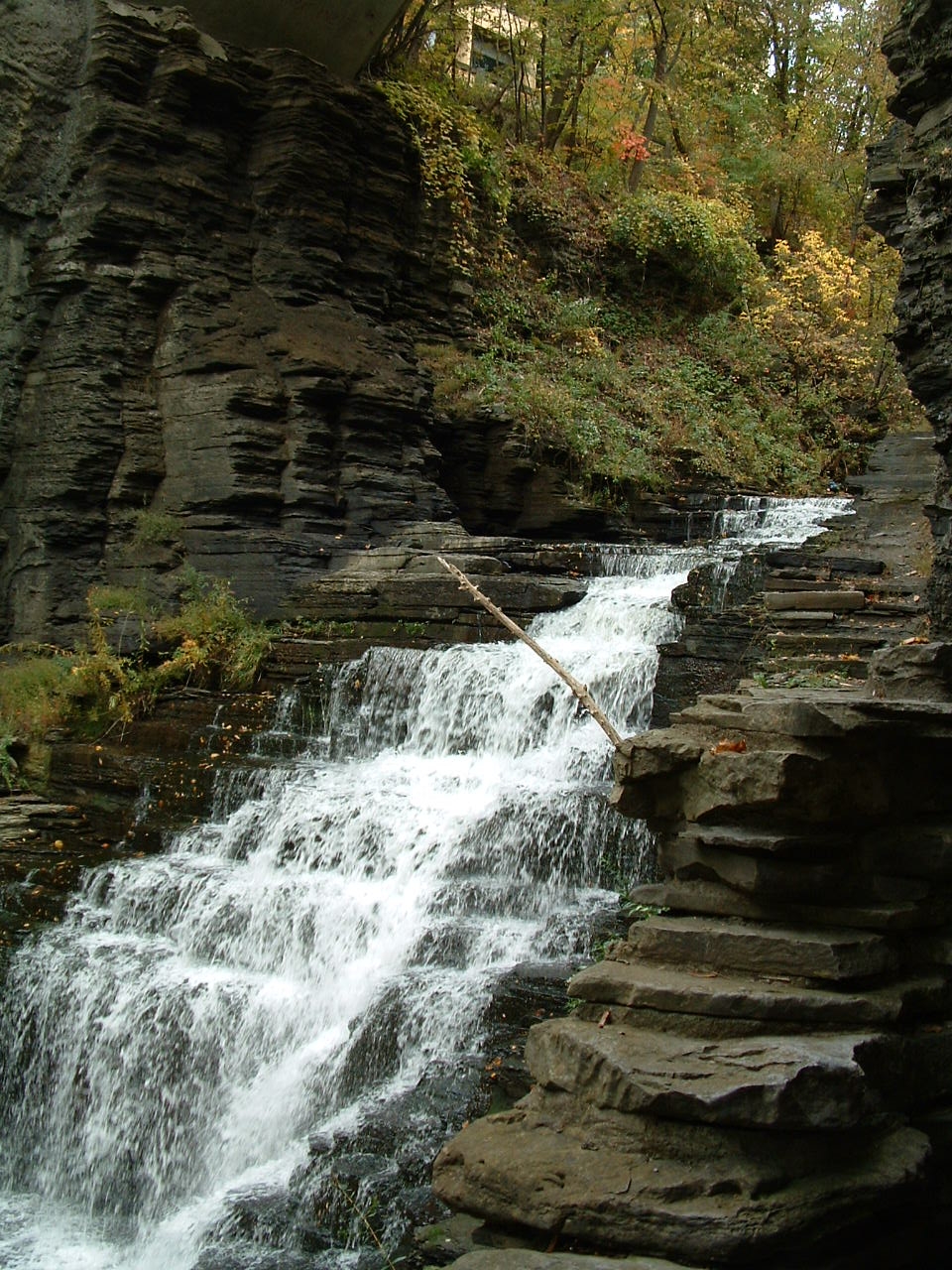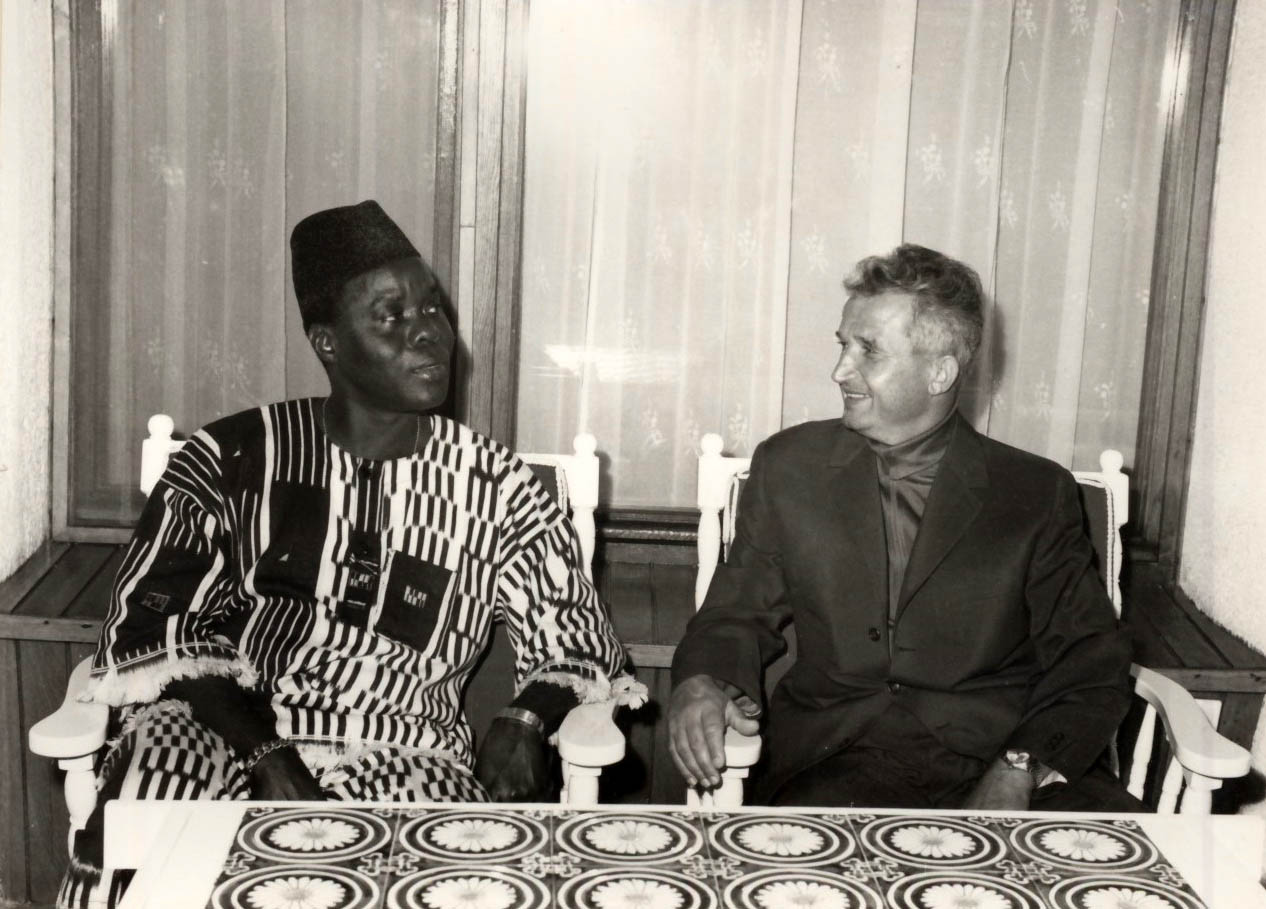|
Joseph Keke
Joseph Adjignon Keke (5 December 1927 – 1 July 2017) was a Beninese politician. Joseph Adjignon Keke was officially born on 5 December 1927 in Avrankou. He earned a degree in law and was an engineer in farming techniques. He flew back to Dahomey in 1956 and soon became Sourou-Migan Apithy's prime lieutenant. He was elected a deputy in 1959, representing the Parti Républicain Dahoméen, and became the party's vice president until 1960. He had been appointed minister of justice in Hubert Maga's first administration, serving from November 1960 to 1963. He was deposed as a minister in the 1963 coup.Houngnikpo & Decalo 2013, p. 223. With the creation of the Presidential Council in 1970, Hubert Maga appointed Adjignon Keke Joseph minister of economics and planning. He served in this role until 1973 when he was deposed in another coup Adjignon Keke Joseph practiced law in Cotonou during Mathieu Kérékou's military rule. In 1990, with the return to civilian politics, he made his poli ... [...More Info...] [...Related Items...] OR: [Wikipedia] [Google] [Baidu] |
Benin
Benin ( , ; french: Bénin , ff, Benen), officially the Republic of Benin (french: République du Bénin), and formerly Dahomey, is a country in West Africa. It is bordered by Togo to the west, Nigeria to the east, Burkina Faso to the north-west, and Niger to the north-east. The majority of its population lives on the southern coastline of the Bight of Benin, part of the Gulf of Guinea in the northernmost tropical portion of the Atlantic Ocean. The capital is Porto-Novo, and the seat of government is in Cotonou, the most populous city and economic capital. Benin covers an area of and its population in was estimated to be approximately million. It is a tropical nation, dependent on agriculture, and is an exporter of palm oil and cotton. Some employment and income arise from subsistence farming. The official language of Benin is French, with indigenous languages such as Fon, Bariba, Yoruba and Dendi also spoken. The largest religious group in Benin is Sunni Islam (27 ... [...More Info...] [...Related Items...] OR: [Wikipedia] [Google] [Baidu] |
Rassemblement National Pour La Democratie
National Rally for Democracy () is a political party in Benin. RND was legally recognized on October 5, 1990. In 1997 Abimbola Adébayo Anani became the party president. In the 2001 presidential elections, Anani was supported by RND and the Popular Front for the Republic. Anani later withdrew in favour of Mathieu Kérékou Mathieu Kérékou (; 2 September 1933 – 14 October 2015) was a Beninese politician who served as President of Benin from 1972 to 1991 and again from 1996 to 2006. After seizing power in a military coup, he ruled the country for 19 years, for .... Political parties in Benin {{Benin-party-stub ... [...More Info...] [...Related Items...] OR: [Wikipedia] [Google] [Baidu] |
Justice Ministers Of Benin
Justice, in its broadest sense, is the principle that people receive that which they deserve, with the interpretation of what then constitutes "deserving" being impacted upon by numerous fields, with many differing viewpoints and perspectives, including the concepts of moral correctness based on ethics, rationality, law, religion, equity and fairness. The state will sometimes endeavor to increase justice by operating courts and enforcing their rulings. Early theories of justice were set out by the Ancient Greek philosophers Plato in his work The Republic, and Aristotle in his Nicomachean Ethics. Advocates of divine command theory have said that justice issues from God. In the 1600s, philosophers such as John Locke said that justice derives from natural law. Social contract theory said that justice is derived from the mutual agreement of everyone. In the 1800s, utilitarian philosophers such as John Stuart Mill said that justice is based on the best outcomes for the greatest n ... [...More Info...] [...Related Items...] OR: [Wikipedia] [Google] [Baidu] |
Government Ministers Of Benin
A government is the system or group of people governing an organized community, generally a state. In the case of its broad associative definition, government normally consists of legislature, executive, and judiciary. Government is a means by which organizational policies are enforced, as well as a mechanism for determining policy. In many countries, the government has a kind of constitution, a statement of its governing principles and philosophy. While all types of organizations have governance, the term ''government'' is often used more specifically to refer to the approximately 200 independent national governments and subsidiary organizations. The major types of political systems in the modern era are democracies, monarchies, and authoritarian and totalitarian regimes. Historically prevalent forms of government include monarchy, aristocracy, timocracy, oligarchy, democracy, theocracy, and tyranny. These forms are not always mutually exclusive, and mixed governme ... [...More Info...] [...Related Items...] OR: [Wikipedia] [Google] [Baidu] |
2017 Deaths
This is a list of deaths of notable people, organised by year. New deaths articles are added to their respective month (e.g., Deaths in ) and then linked here. 2022 2021 2020 2019 2018 2017 2016 2015 2014 2013 2012 2011 2010 2009 2008 2007 2006 2005 2004 2003 2002 2001 2000 1999 1998 1997 1996 1995 1994 1993 1992 1991 1990 1989 1988 1987 See also * Lists of deaths by day The following pages, corresponding to the Gregorian calendar, list the historical events, births, deaths, and holidays and observances of the specified day of the year: Footnotes See also * Leap year * List of calendars * List of non-standard ... * Deaths by year {{DEFAULTSORT:deaths by year ... [...More Info...] [...Related Items...] OR: [Wikipedia] [Google] [Baidu] |
1927 Births
Nineteen or 19 may refer to: * 19 (number), the natural number following 18 and preceding 20 * one of the years 19 BC, AD 19, 1919, 2019 Films * ''19'' (film), a 2001 Japanese film * ''Nineteen'' (film), a 1987 science fiction film Music * 19 (band), a Japanese pop music duo Albums * ''19'' (Adele album), 2008 * ''19'', a 2003 album by Alsou * ''19'', a 2006 album by Evan Yo * ''19'', a 2018 album by MHD * ''19'', one half of the double album ''63/19'' by Kool A.D. * ''Number Nineteen'', a 1971 album by American jazz pianist Mal Waldron * ''XIX'' (EP), a 2019 EP by 1the9 Songs * "19" (song), a 1985 song by British musician Paul Hardcastle. * "Nineteen", a song by Bad4Good from the 1992 album '' Refugee'' * "Nineteen", a song by Karma to Burn from the 2001 album ''Almost Heathen''. * "Nineteen" (song), a 2007 song by American singer Billy Ray Cyrus. * "Nineteen", a song by Tegan and Sara from the 2007 album '' The Con''. * "XIX" (song), a 2014 song by Slipk ... [...More Info...] [...Related Items...] OR: [Wikipedia] [Google] [Baidu] |
Ithaca, New York
Ithaca is a city in the Finger Lakes region of New York, United States. Situated on the southern shore of Cayuga Lake, Ithaca is the seat of Tompkins County and the largest community in the Ithaca metropolitan statistical area. It is named after the Greek island of Ithaca. A college town, Ithaca is home to Cornell University and Ithaca College. Nearby is Tompkins Cortland Community College (TC3). These three colleges bring thousands of students to the area, who increase Ithaca's seasonal population during the school year. As of 2020, the city's population was 32,108. History Early history Native Americans lived in this area for thousands of years. When reached by Europeans, this area was controlled by the Cayuga tribe of Indians, one of the Five Nations of the ''Haudenosaunee'' or Iroquois League. Jesuit missionaries from New France (Quebec) are said to have had a mission to convert the Cayuga as early as 1657. Saponi and Tutelo peoples, Siouan-speaking tribes, lat ... [...More Info...] [...Related Items...] OR: [Wikipedia] [Google] [Baidu] |
Beninese National Assembly
The unicameral National Assembly is Benin's legislative body. The National Assembly in Porto-Novo as it exists today was formed in 1990. The current National Assembly has 83 members who are directly elected through a system of party-list proportional representation and serve five-year terms. History The first parliament of an independent Benin was defined by the Constitution of 28 February 1959 and lasted from April 1959 to November 1960. It was chaired by Justin Ahomadegbé Tomètin. With a 1960 and a 1964 constitution, two new National Assemblies were enacted each time. The implementation of the Basic Law of 9 September 1977 radically altered the parliament. It was renamed the Revolutionary National Assembly (ANR) and lasted until February 1990. The High Council of the Republic was formed in February 1990 to democratize the country and was chaired by Archbishop Isidore de Souza. A new constitution was passed on 11 December 1990 which formed the basic structure of the current as ... [...More Info...] [...Related Items...] OR: [Wikipedia] [Google] [Baidu] |
Justin Ahomadégbé-Tomêtin
Justin Ahomadegbé-Tomêtin (January 16, 1917 – March 8, 2002) was a Beninese politician most active when his country was known as Dahomey. He arose on a political scene where one's power was regionalism (politics), dictated by what region of Dahomey one lived in. He served as List of Presidents of the National Assembly of Benin, president of the National Assembly of Dahomey from April 1959 to November 1960 and as Prime Minister of Dahomey, prime minister and Vice President of Dahomey, vice president of Dahomey from 1964 to 1965. Ahomadégbé became President as part of a system that rotated the office between three leading political figures: Ahomadégbé, Hubert Maga, and Sourou-Migan Apithy. Maga peacefully handed power to Ahomadégbé on May 7, 1972. On October 26, 1972, he was Coup d'état, overthrown in a coup d'état led by Mathieu Kérékou. All three remained under house arrest until 1981. Early life and entry into politics Ahomadégbé-Tomêtin was born on Januar ... [...More Info...] [...Related Items...] OR: [Wikipedia] [Google] [Baidu] |
Avrankou
Avrankou is a town, arrondissement, and commune in the Ouémé Department of south-eastern Benin. The commune covers an area of 150 square kilometres and as of 2013 had a population of 128,050 people. Avrankou is home to a constituent monarchy A non-sovereign monarchy or constituent monarchy is one in which the head of the monarchical polity (whether a geographic territory or an ethnic group), and the polity itself, are subject to a temporal authority higher than their own. The const ..., currently led by Latchè Holou Guidimadégbé. References External links Communes of Benin Arrondissements of Benin Populated places in the Ouémé Department {{OuéméDepartment-geo-stub ... [...More Info...] [...Related Items...] OR: [Wikipedia] [Google] [Baidu] |
Mathieu Kérékou
Mathieu Kérékou (; 2 September 1933 – 14 October 2015) was a Beninese politician who served as President of Benin from 1972 to 1991 and again from 1996 to 2006. After seizing power in a military coup, he ruled the country for 19 years, for most of that time under an officially Marxist–Leninist ideology, before he was stripped of his powers by the National Conference of 1990. He was defeated in the 1991 presidential election but was returned to the presidency in the 1996 election and controversially re-elected in 2001. Military background Kérékou was born in 1933 in Kouarfa village,"Après 29 ans de pouvoir, le Président Kérékou tire sa révérence" IRIN, 6 April 2006 . in north-west |



